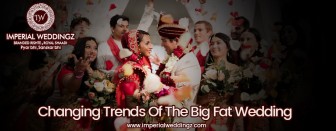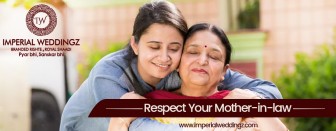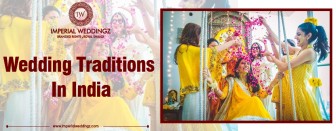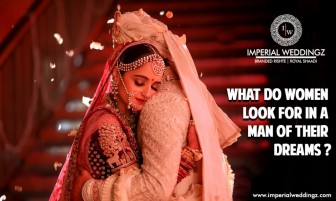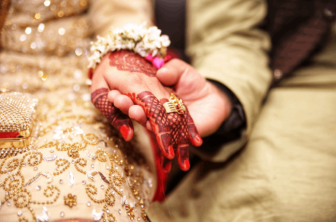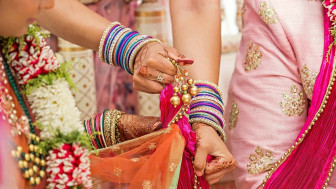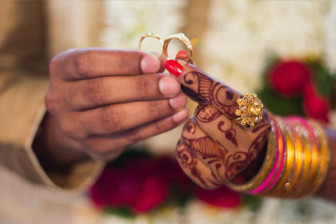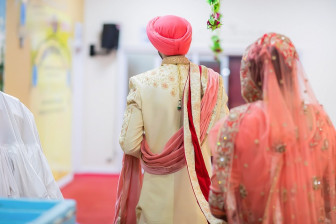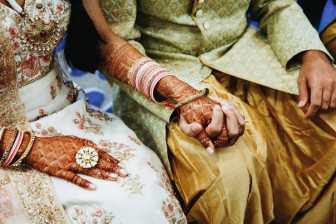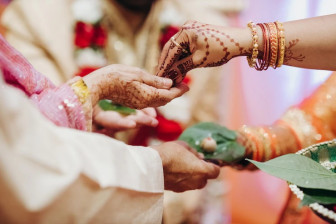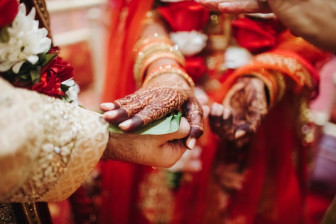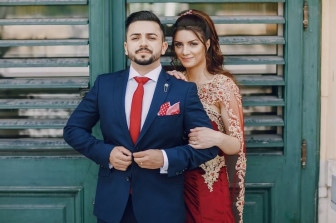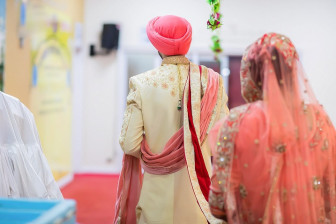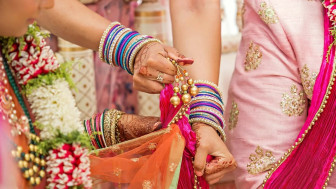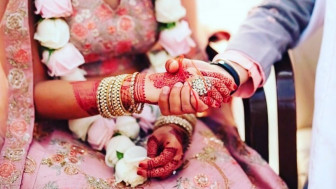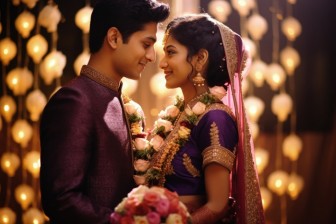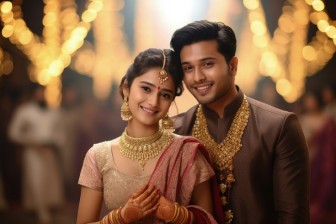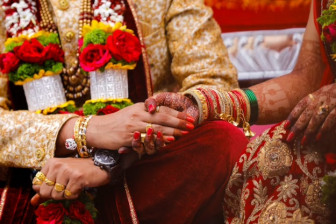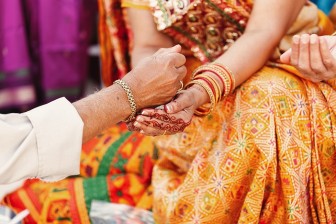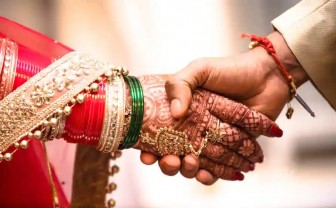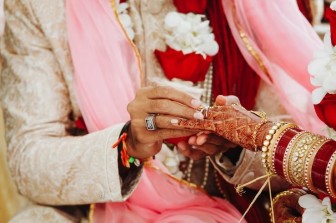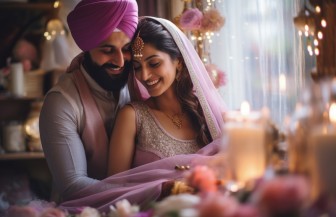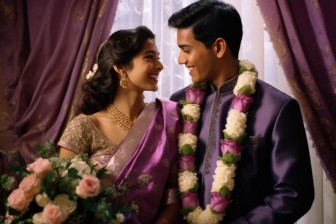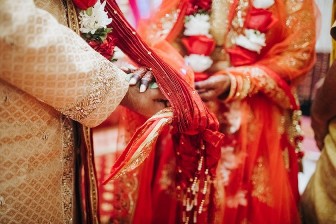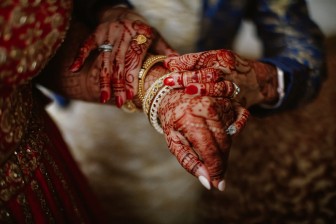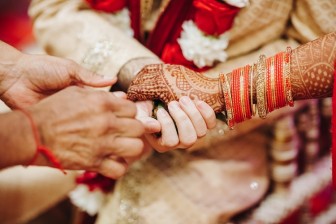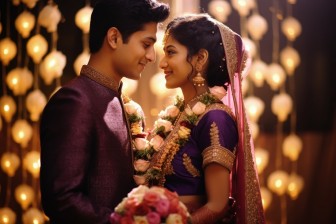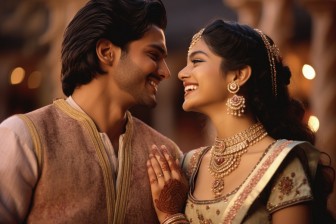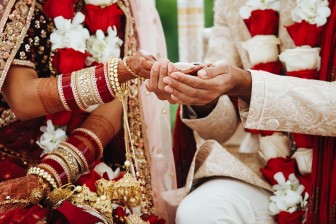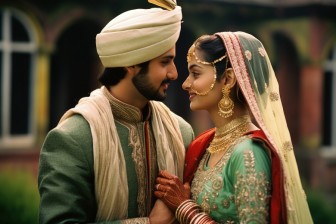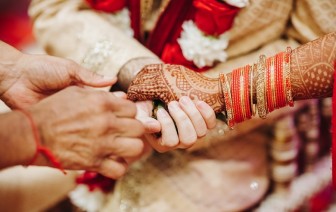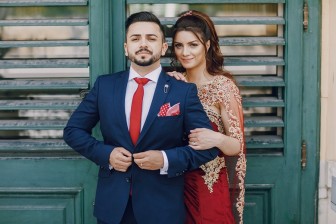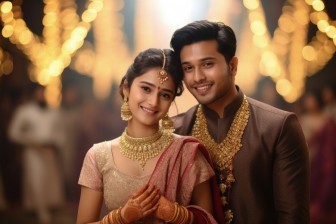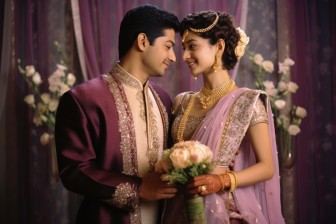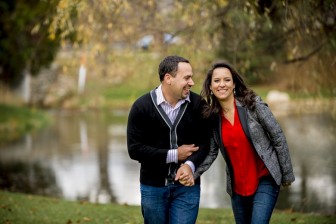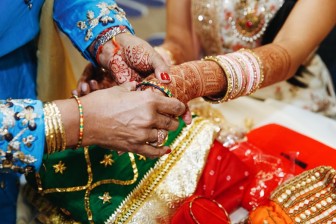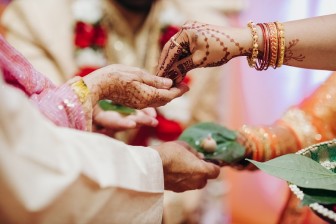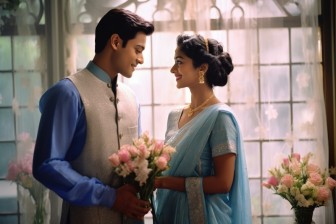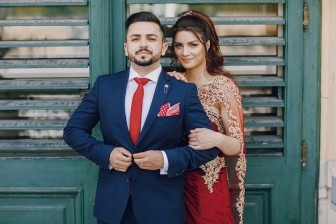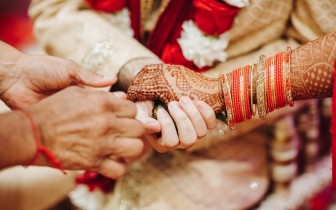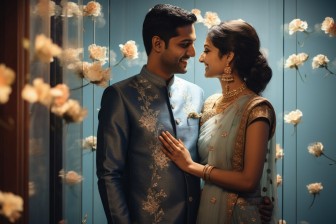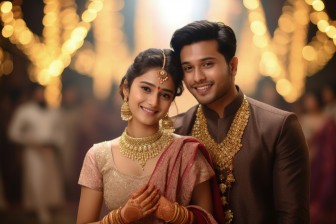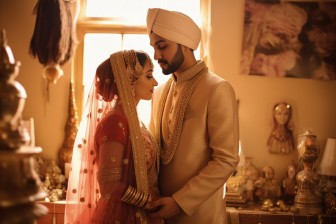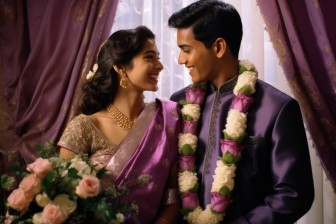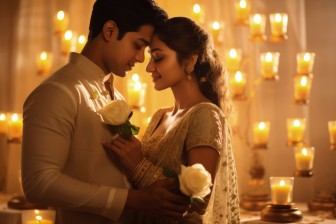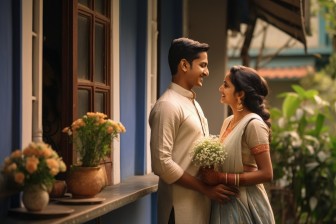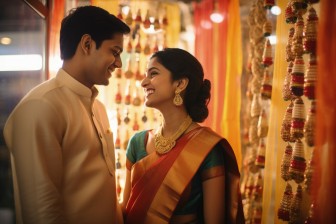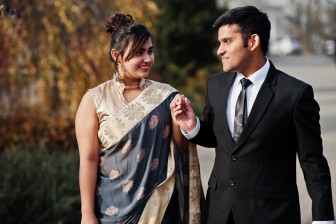Jun 03, 2025
Exploring the Dynamics of Love and Arranged Marriages
Marriage is one of the most profound decisions in a person's life, shaping not only the individuals involved but also their families and communities. In India, where tradition and modernity often coexist, the choice between love marriage and arranged marriage carries deep cultural significance. While love marriages are seen as a personal choice led by the couple's emotions, arranged marriages are often guided by family values and social customs.
With changing times, the landscape of marriage is evolving. Matrimonial services now blend tradition with technology, helping people navigate these choices with more options and convenience. To make an informed decision, it’s essential to understand what distinguishes love marriage from arranged marriage beyond the surface.
What Is Love Marriage?
Love marriage is a union where individuals select their life partners based on mutual affection, attraction, and emotional compatibility. This form of marriage is characterized by personal freedom — the couple decides when and whom to marry, usually after spending time building a relationship.
In love marriages, the couple typically knows each other well before marriage. They have the opportunity to understand each other's personalities, habits, goals, and values in depth. This familiarity often leads to a strong emotional connection that can be a solid foundation for lifelong partnership.
Love marriages are increasingly popular in urban areas and among younger generations who value individual choice and romantic compatibility. However, these marriages can sometimes face challenges such as initial resistance from families or societal pressure, especially when cultural or religious differences exist.
What Is Arranged Marriage?
Arranged marriage is a traditional practice where families take the primary responsibility for finding a suitable partner for their son or daughter. In many Indian families, this method has been the norm for centuries, as it reinforces social, cultural, and economic ties.
The selection process often involves careful consideration of factors such as caste, religion, education, profession, family background, and values. The families usually meet multiple times before finalizing the match, and sometimes the couple also meets to assess their compatibility.
Arranged marriages emphasize collective family approval and long-term stability. Often, love and emotional bonding develop gradually after marriage as the couple gets to know each other within the framework of mutual respect and shared life goals. Matrimonial services in Delhi today have modernized this system, offering platforms where families and individuals can connect while honoring traditional values.
Key Differences Between Love and Arranged Marriages
The fundamental difference between love and arranged marriages lies in how the partnership begins. In love marriages, the bond originates from the couple’s personal choice and emotional relationship, whereas arranged marriages begin with family involvement and matchmaking.
Love marriages prioritize emotional intimacy and compatibility before marriage, while arranged marriages prioritize social compatibility and family alignment, with emotional bonding expected to grow post-marriage.
In love marriages, the couple typically controls the decision-making process, whereas in arranged marriages, families often have a significant influence. However, the modern trend has seen arranged marriages incorporating the consent and choice of the bride and groom more actively, thanks to professional matrimonial services in Delhi that respect individual preferences.
Advantages of Love Marriage
One major advantage of love marriages is the pre-established emotional connection between partners. Couples often spend considerable time together before tying the knot, which helps build trust, understanding, and effective communication.
Because the relationship is based on love and personal choice, many couples find it easier to share their feelings, resolve conflicts, and support each other’s ambitions. Love marriages can also encourage individuality and personal growth within the relationship since both partners usually enter the marriage with a clear understanding of each other’s personalities and life goals.
Moreover, love marriages may break barriers of caste, religion, or social background, promoting inclusivity and broadening perspectives. However, this freedom can sometimes lead to familial disagreements or social challenges, which couples must be prepared to face together.
Advantages of Arranged Marriage
Arranged marriages often benefit from strong family support and involvement, which can be a crucial asset throughout the married life. Since families typically conduct extensive background checks and consider multiple compatibility factors, arranged marriages can lead to long-term stability.
The emphasis on shared values, economic compatibility, and social standing helps ensure that the couple’s foundation is built on practical considerations, which can contribute to a harmonious life. Additionally, since families are actively involved, couples in arranged marriages usually have a built-in support system for handling challenges and raising children.
Matrimonial services in Delhi have transformed the arranged marriage process by providing a more personalized approach. These services allow families and individuals to search through verified profiles, communicate transparently, and make decisions with more information, reducing the stress traditionally associated with arranged matches.
Challenges Faced by Both
No type of marriage is without its challenges. Love marriages may face initial hurdles like lack of family acceptance, societal judgment, or difficulties blending two different family cultures. Without family support, couples might feel isolated or face external pressures that affect their relationship.
On the other hand, arranged marriages can encounter adjustment issues since partners often marry without fully knowing each other. Building emotional intimacy takes time and effort, and sometimes expectations may not align perfectly. Without open communication, misunderstandings may arise.
In both cases, the key to success lies in mutual respect, patience, and a willingness to grow together. Matrimonial services in Delhi increasingly offer counseling and guidance to help couples and families navigate these challenges effectively.
The Role of Matrimonial Services in Delhi
With the changing dynamics of marriage, matrimonial services in Delhi have become indispensable for many families and individuals. These services provide a structured and secure environment to find compatible life partners.
Modern matrimonial platforms combine traditional matchmaking with advanced technology, allowing users to filter profiles based on preferences such as education, profession, lifestyle, and values. This ensures that matches are not only culturally compatible but also aligned with personal aspirations.
Moreover, matrimonial services in Delhi often offer personalized assistance from matchmakers who understand cultural nuances and family expectations. This helps blend the advantages of love and arranged marriages, providing flexibility for individuals to participate actively in the decision-making process while keeping family involvement intact.
Conclusion: Which One Is Right for You?
Deciding between love marriage and arranged marriage depends largely on personal beliefs, family dynamics, and cultural background. Both forms of marriage have their strengths and challenges, but ultimately, the success of any marriage hinges on love, trust, communication, and commitment.
If you are exploring options, consulting trusted matrimonial services can help you navigate your journey with confidence. Whether you seek a partner through personal choice or family assistance, these services offer valuable support tailored to your preferences.
Remember, marriage is more than a ritual—it is a partnership that grows stronger with effort, understanding, and respect. Embrace the path that feels right for you, keeping an open mind to love in all its forms.
Frequently Asked Questions (FAQs)
1. What are the main differences between love marriage and arranged marriage?
Love marriage is based on the couple’s personal choice and emotional connection, whereas arranged marriage involves family members selecting a partner based on social and cultural compatibility. Both have unique advantages and challenges.
2. Can matrimonial services in Delhi help with both love and arranged marriages?
Yes, matrimonial services in Delhi offer customized matchmaking solutions that support individuals seeking partners through either love or arranged marriage. They blend tradition with modern preferences, providing verified profiles and personalized assistance.
3. Which type of marriage is more successful: love marriage or arranged marriage?
Success depends on mutual respect, communication, and commitment rather than the type of marriage. Both love and arranged marriages can be fulfilling if the partners work together to build trust and understanding.
4. Are families always involved in love marriages in India?
In many love marriages, families may initially have less involvement, but gaining family acceptance is often important culturally. Many couples find ways to involve their families gradually, especially with support from matrimonial services in Delhi.
5. How can couples overcome challenges in arranged marriages?
Open communication, patience, and willingness to understand each other are key. Counseling and guidance provided by matrimonial services in Delhi can also help couples build emotional intimacy and navigate early adjustment periods.





